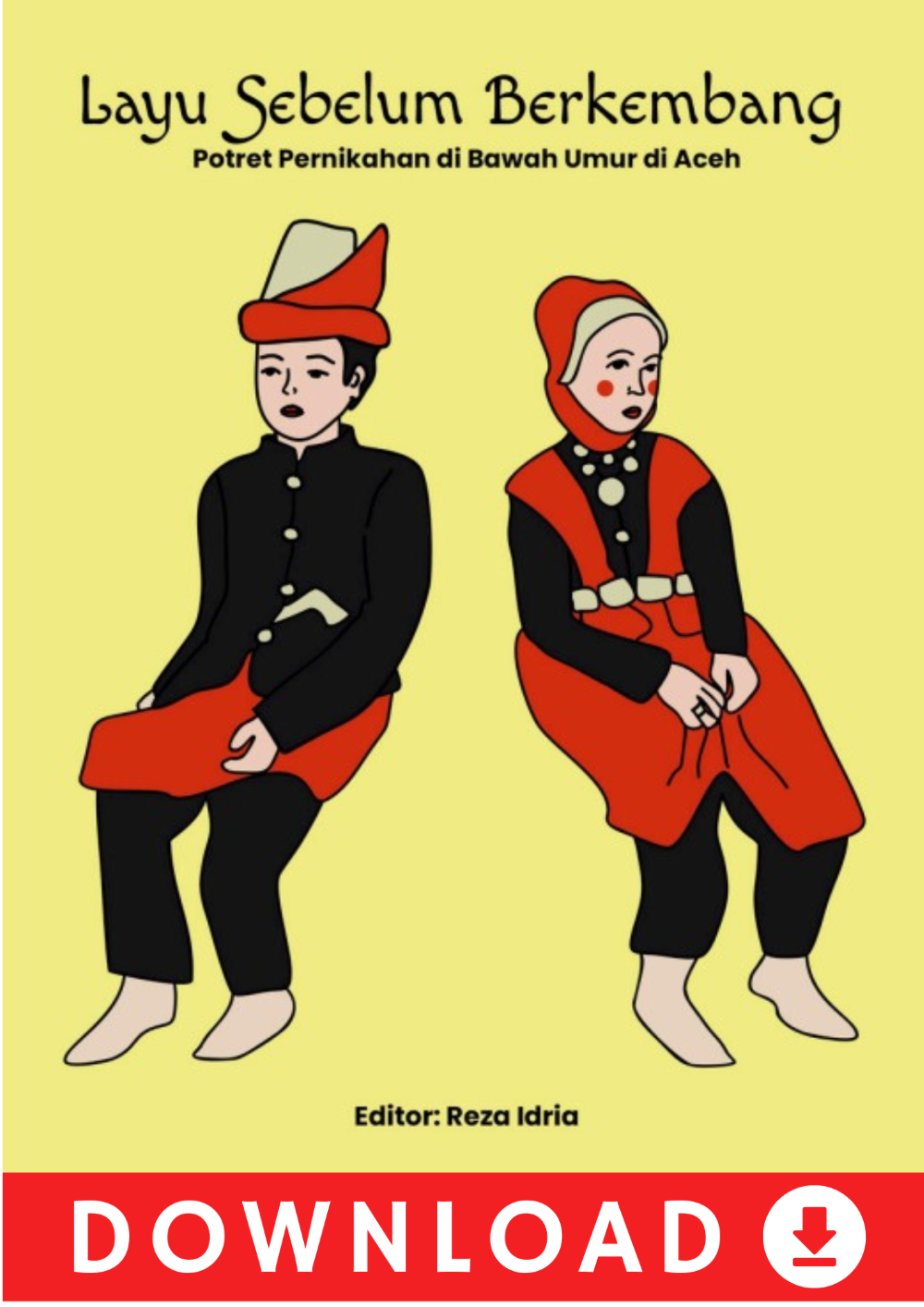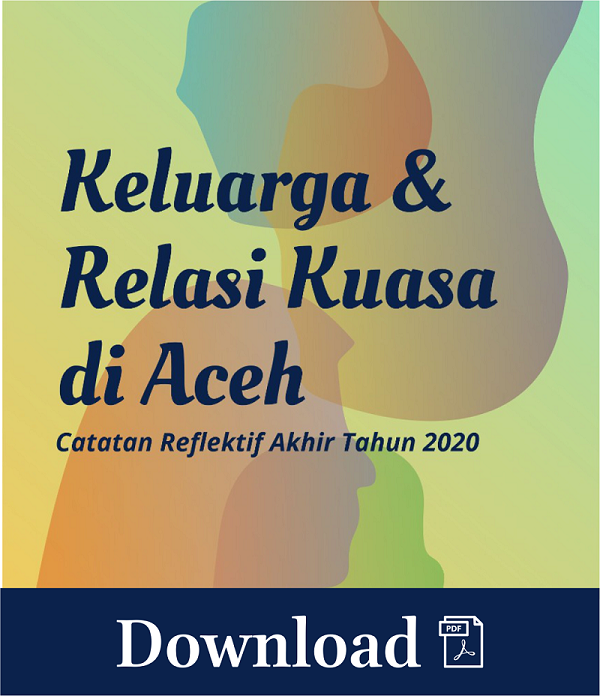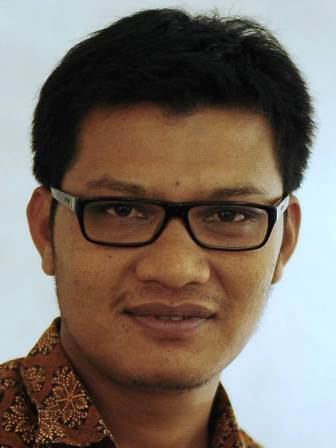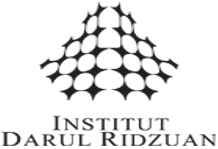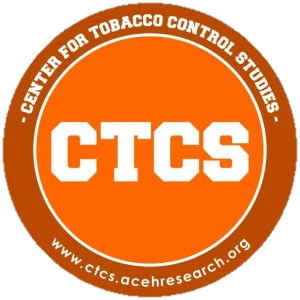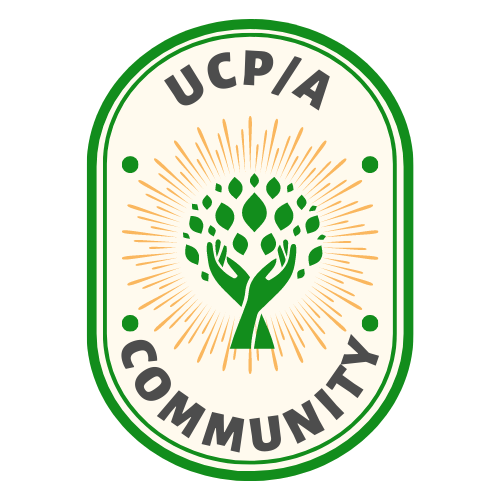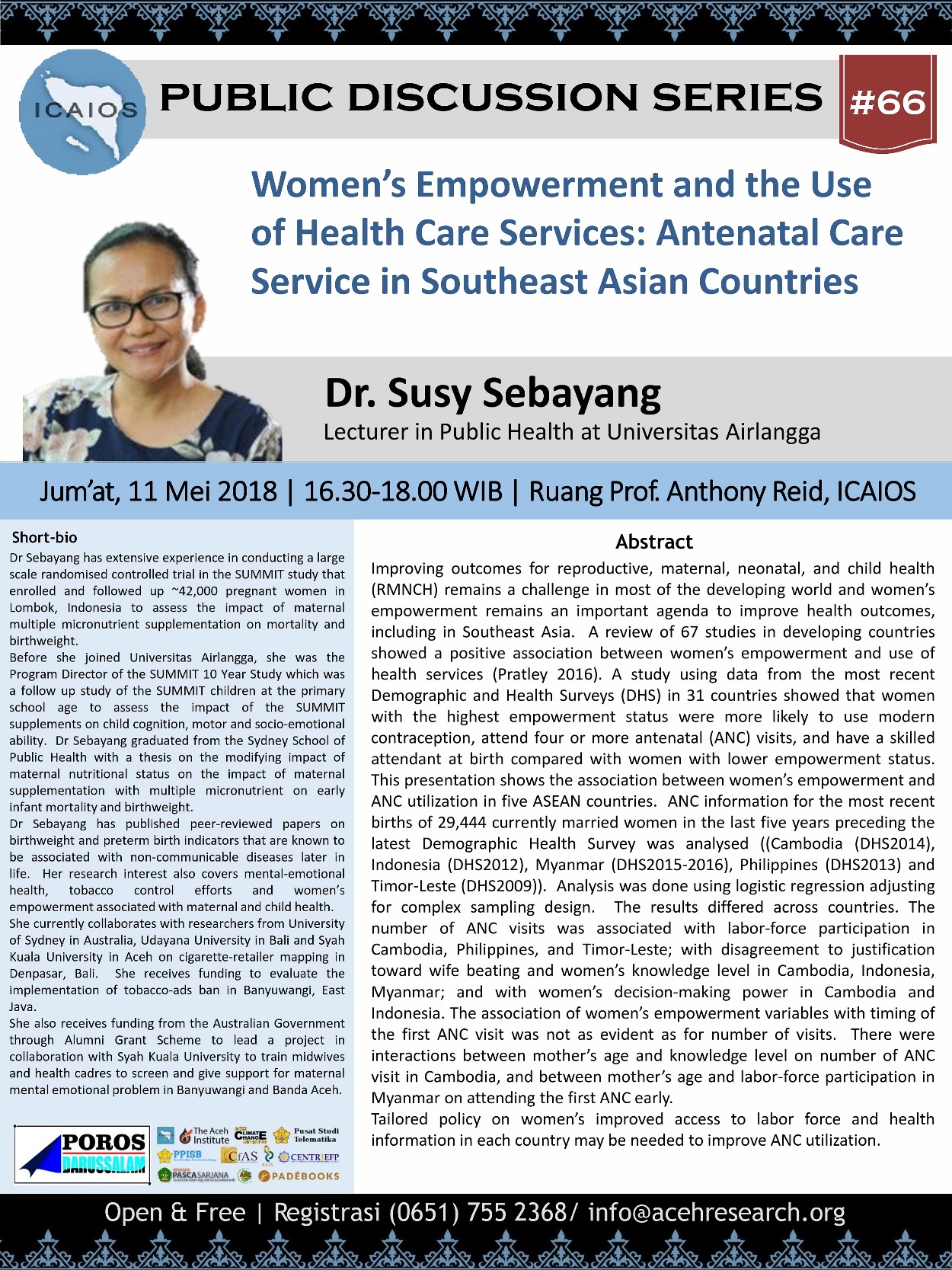
Public Discussion Series
Women's Empowerment and the Use of
Health Care Services : Antenatal Care Service
in Southeast Asian Countries
Speaker:
Dr. Susy Sebayang
Lecturer in Public Health at Universitas Airlangga
| Friday, 11 May 2018 | 16.30 - 18.00 WIB |
| Prof. Anthony Reid Seminar Room, ICAIOS |
About PDS:
Improving outcomes for reproductive, maternal, neonatal, and child health (RMNCH) remains a challenge in most of the developing world and women’s empowerment remains an important agenda to improve health outcomes, including in Southeast Asia. A review of 67 studies in developing countries showed a positive association between women’s empowerment and use of health services (Pratley 2016). A study using data from the most recent Demographic and Health Surveys (DHS) in 31 countries showed that women with the highest empowerment status were more likely to use modern contraception, attend four or more antenatal (ANC) visits, and have a skilled attendant at birth compared with women with lower empowerment status.
This presentation shows the association between women’s empowerment and ANC utilization in five ASEAN countries. ANC information for the most recent births of 29,444 currently married women in the last five years preceding the latest Demographic Health Survey was analysed ((Cambodia (DHS2014), Indonesia (DHS2012), Myanmar (DHS2015-2016), Philippines (DHS2013) and Timor-Leste (DHS2009)). Analysis was done using logistic regression adjusting for complex sampling design. The results differed across countries. The number of ANC visits was associated with labor-force participation in Cambodia, Philippines, and Timor-Leste; with disagreement to justification toward wife beating and women’s knowledge level in Cambodia, Indonesia, Myanmar; and with women’s decision-making power in Cambodia and Indonesia. The association of women’s empowerment variables with timing of the first ANC visit was not as evident as for number of visits. There were interactions between mother’s age and knowledge level on number of ANC visit in Cambodia, and between mother’s age and labor-force participation in Myanmar on attending the first ANC early.
Tailored policy on women’s improved access to labor force and health information in each country may be needed to improve ANC utilization.


